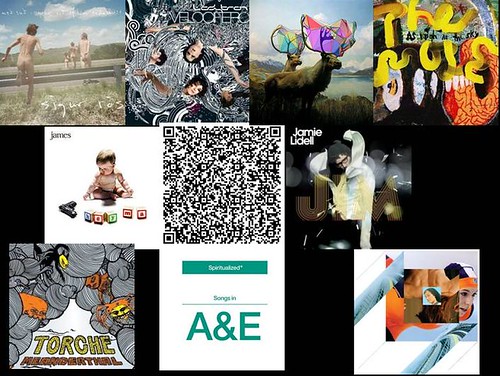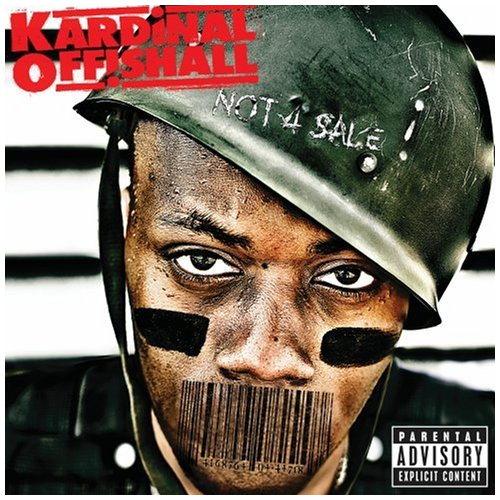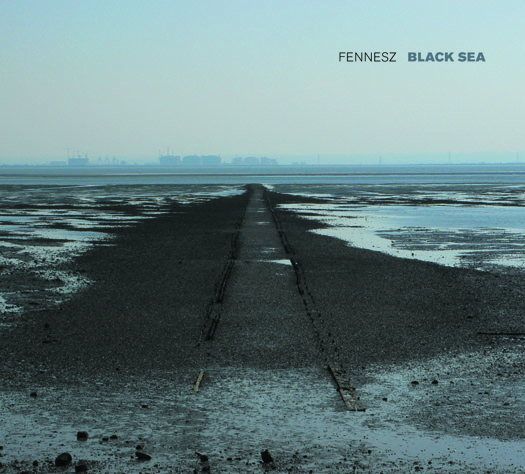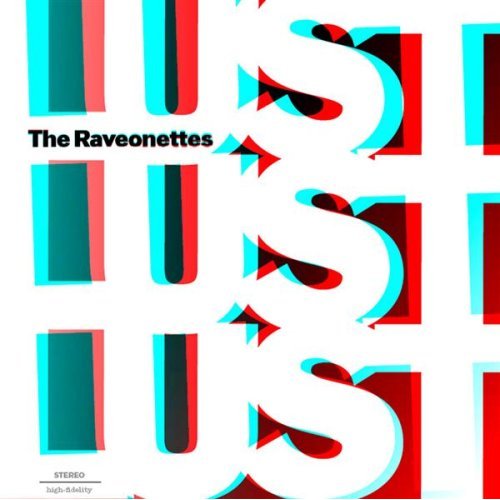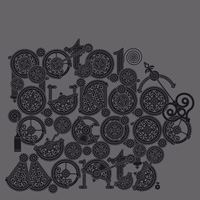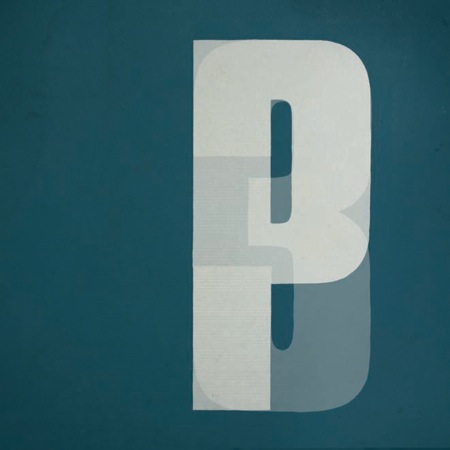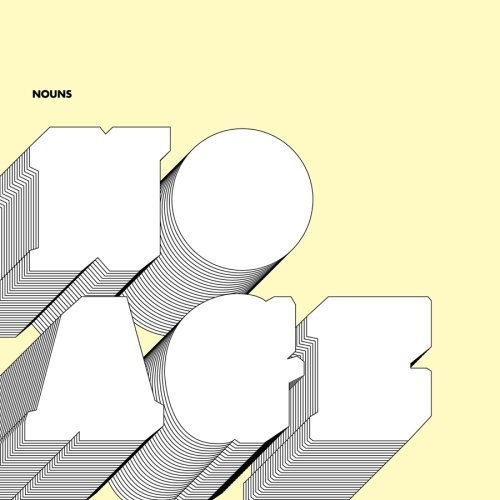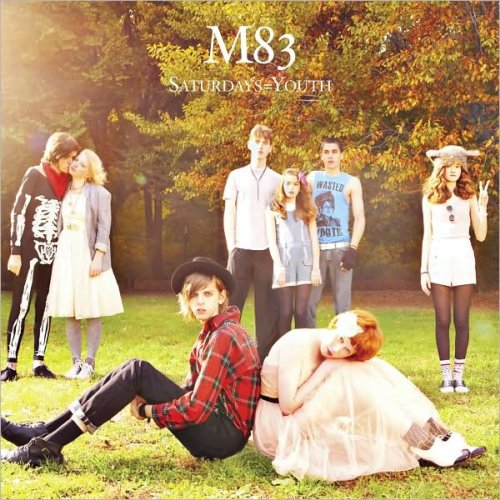Box sets are a blessing and a curse -- they gather a large and hopefully definitive amount of material associated with a well-known artist, but it is easy to assume that they represent the whole, complete picture. One might think "if I buy the box set then I'll have all the important stuff and won't have to ever buy anything else by this artist", although for a truly great artist it is virtually impossible that all the essentials can be collected in a reasonably sized package.
Phil Spector's "Back to Mono" collected his career highlights from 1958-1969, a period that can roughly be defined as one in which he created monophonic productions intended for AM radio, and worked with a constantly shifting stable of artists who were less famous than he was. The implication is that Spector ceased to be interesting or relevant after 1969, or even after 1965, considering the small amount of material that appears on the box set from that year onward. Beyond his work with the Beatles ("Let It Be") and solo albums by George Harrison and John Lennon, even many Spector fans haven't bothered to devote much effort into unearthing his 1970's works, and when they are spoken about, it is usually to repeat stories about how so-and-so hated working with Spector and ended up practically disowning the work they did together. I still haven't heard The Ramones' "End of the Century", but I can repeat the story about how Spector reportedly pulled a gun on the band in the studio in order to force them to listen to and record the Ronettes' "Baby I Love You".
But 1965 is still a significant date -- after that time, singer-songwriters were the unquestioned stars of music and a producer could not, and would not be a top star in his own right on the worldwide music scene again until the rise of the Neptunes and Timbaland (although one could certainly argue for Quincy Jones, particularly in the case of his Grammy winning solo album in 1990). Spector never seemed to accept that. No matter who he worked with, whether it was in the 60's, 70's, or beyond, he insisted on playing G-d in the studio, pushed to get his way far beyond any reasonable bounds of etiquette or acceptable behaviour, and drove artists into fits of near insanity with his relentless perfectionism. In some sense, these stories are all that has survived from Spector's 1970's work, while the music he was working on at the time simply provides the background and context for the story.
But what about the music itself? Thanks to a recent thread revival on ILM, a bunch of people, including me, finally exhumed some of Spector's long-neglected 1970's work. Both Dion's "Born To Be With You" and Leonard Cohen's "Death of a Ladies' Man" (neither of which I had heard previously) have the unmistakable Spector touch -- lush arrangements, string sections, booming drums that sound like they were recorded in a cavern, ghostly ambiance filling the cracks between all the other instruments, etc. But neither album would be mistaken for his 1960's productions. Paranoia and sadness lurks through most corners of these records, which were clearly (hopefully?) not meant for AM radio.
"Born To Be With You", released in 1975, has long been one of Jason Pierce's favourite albums. That was news to me, but after hearing the album it made perfect sense, since based on his recent career path, Spiritualized albums have been converging to this sound fairly rapidly (i.e. confessional singer-songwriter folk-blues with a hint of maximalism in the production). "Make the Woman Love Me" tackles good ol' love and longing with the dewy-eyed wonder that Daniel Johnston would later perfect on his albums, and the title track is a glorious blue-eyed soul epic, with a simple, gritty lyric delivered over Spector's scaled-back, darkened pizzazz.
After a number of listens, I'm sold on the notion that "Death of a Ladies Man", released in 1977, is a near-masterpiece. All of Spector's poor treatment of Cohen (including locking him out of the studio when the album wasn't finished) acquires a modicum of good sense if you look at it as just another one of Spector's little experiments in finding "the voice". Like with Ronnie Bennett a decade and a half earlier (a girl who sang like a little boy), he'd found a new prototype in Leonard Cohen (a poet who sang like a dirty old man) and once he had that voice in the studio, he plugged it into his (Spector's) usual formula and assigned it to the songs that he thought were worthwhile to record. Details such as Cohen's well-established reputation of his own artistic ambitions for the album were of little consequence to Spector. "Death of a Ladies Man" is not a Leonard Cohen album inasmuch as it is a Phil Spector album featuring Leonard Cohen on guest vocals, and Spector went out of his way to ensure that.
Nevertheless, the results are impeccable. "Memories" is the clear highlight: a skyscraping Spector mini-opera with layer upon layer of 60's AM glitz, huge crescendos and false stops, choirs, a mid-song sax solo, and just about every other orchestrally dramatic bell and whistle in the producer's repertoire. Cohen transforms himself into nothing resembling the sensitive poet of his best known hits -- gone are preciously erotic lines like "they touched both my eyes and I touched the dew on their hem" or "you touched her perfect body with her mind", this is Leonard Cohen macking on chicks at the high school dance and resorting to a bit of proto-Dawson's Creek sappiness to accelerate down the path to a night of slapping stomachs. It's Cohen's very own teen fantasy precursor to "Paradise By the Dashboard Light", where the protagonist is proud of the fact that he'll say just about anything to get busy with the girl he wants. The last minute of the song sees Cohen completely hung up on the object of his affection, screaming "your naked body!" over and over in a self-induced fit of orgasmic desire, and I can only imagine how many hours Spector made him yell in the studio until he got the vocal down just right (who knows, maybe this one recording did more to reduce Cohen's voice to his current raspy baritone than age or anything else). By the time this six minute rollercoaster is over, I don't know whether to laugh, cry, shake the hands of everyone involved, or put up streamers and balloons in my apartment and find someone to slow dance with. Even Cohen had to admit that the whole thing was brilliant, for this is the only song on the album that he regularly performed live, albeit in a greatly stripped down form and only for a couple of years in the 70's before he effectively disowned it like everything else on "Death of a Ladies Man". And guess what, there's even a
video!
On an album filled with arrogance and hyper-masculinity, "Paper Thin Hotel" stands out as the one song where the macho protagonist gets his commuppance by having his heart broken when he spies on an unsuspecting lover and hears things that he was never meant to hear. Pulp's "Live Bed Show" asked the tantalizing question "what if beds could talk?" but for Jarvis Cocker it was a gossip-chasing dream scenario, where the talking beds would spill the dirt that he and the characters in his songs were always chasing after. Leonard Cohen puts his ear to the talking wall and hears terrible things that he wishes he'd never heard, and despite claiming that there was "a heavy burden lifted from my soul" thanks to finally knowing the truth, it's the next line that kills me -- "I learned that love was out of my control". Sure, you might be better off knowing the whole truth, but the fact remains that the whole truth ... well, sucks. The reminder that love is a roll of the dice that can disintegrate or be irreparably harmed without the slightest notice is a brutal and sobering lesson, one that any sanity-preserving person would prefer that they never have to learn or accept. Adding to the heartbreak, the entire drama is adorned by Spector's kitchen sink romanticism, not too dissimilar from an ever better Pulp tune, the bittersweet "Happy Endings". There's an undercurrent of lounge exotica on the album, of which "Paper Thin Hotel" is the best example, that draws favourable comparisons between Cohen's lovable horny dude persona and Serge Gainsbourg's self-characterizations from his mid-70's work. That's a comparison for the modern listener to make, since it's a near-certainty that neither Spector or Cohen had heard of Gainsbourg when they made their album.
Parts of Side 2 ensure that "Death of a Ladies Man" is far from a perfect album. "Don't Go Home with Your Hard On" is a dumb but fun rave-up with Bob Dylan cranking away on background vocals. And it's a disco song. No, I'm serious, it is. It won't be making your personal list of all-time disco classics any time soon, but you owe it to yourself to hear Dylan, Cohen and Spector trying their hands at disco at least once in your life. However, "Fingerprints" is a pitiful disaster, and lord only knows why they (i.e. Spector) thought that a country and western yee-hah shoutalong would be a good addition here.
Thankfully, all is redeemed with the title track. Its surrealist lyrics and vocal cadences recall Dylan's "Desolation Row", and the simple, almost amateurish harmonies mimic the Grateful Dead's best 70's recordings. The Ladies Man's demise can be chalked up to, naturally, too much fucking. Cohen can be really funny when he wants to be, and the OTTness of the lyrics surely indicates he was at least somewhat in on Spector's plan to make an album saturated with overdramatized characters with the production values to match. Suddenly, the song downshifts in tempo, adorns itself with shimmering synths, and then it's all starlight and daydreaming as I get "Le Petit Prince" flashbacks and start hoping that the final refrain of "It's like our visit to the moon or to that other star / I guess you go for nothing if you really want to go that far" will continue forever, "Hey Jude" style. It's a stunning line with a conflicting double meaning, where reaching for the stars turns into a metaphor for mindless, baseless, soulless sex and everything hinges on the word "nothing". That is, if you've taken the trouble to travel all the way to the moon, then you should know that you've done it all for "nothing" = "for no good reason whatsoever". Or, if you're going that route, then you're doing it for "nothing" = "for free", so go right ahead as long as you never forget that it's all in good fun and will never lead to anything satisfying. And with that, the song fades away into a twinkling dreamland ...
